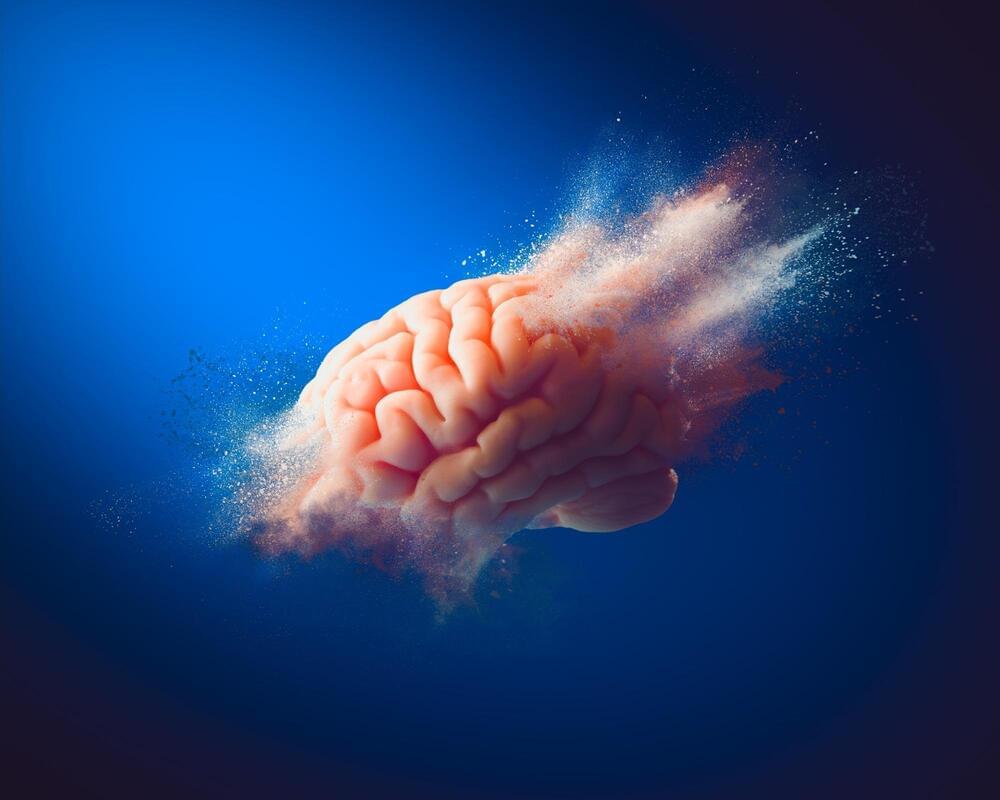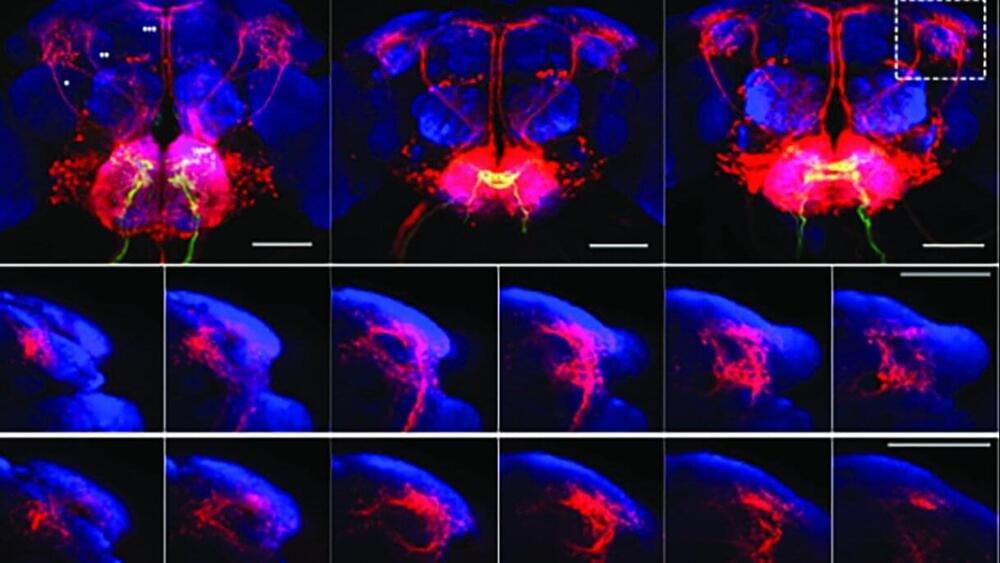Chaos, as a very interesting nonlinear phenomenon, has been intensively studied in the last three decades [10], [13]. It is found to be useful or has great potential in many disciplines such as in collapse prevention of power systems, biomedical engineering applications to the human brain and heart, thorough liquid mixing with low power consumption, secret communication technology, to name just a few [10], [13], [24].
Over the last decade, many new types of synchronization have appeared: chaotic synchronization [3], [4], lag synchronization [9], adaptive synchronization [2], phase synchronization [6], and generalized synchronization [9], to mention only a few. Since the discovery of chaos synchronization [3], there has been tremendous interest in studying the synchronization of chaotic systems [10]. Recently, synchronization of coupled chaotic systems has received considerable attention [1], [2], [5], [7]. Especially, a typical study of synchronization is the coupled identical chaotic systems [1], [6].
In 1963, Lorenz found the first classical chaotic attractor [12]. In 1999, Chen found another similar but topologically not equivalent chaotic attractor [11], [21], [22], as the dual of the Lorenz system, in a sense defined by Vanĕc̆ek and C̆elikovský [23]: The Lorenz system satisfies the condition a12 a21 0 while Chen system satisfies a12 a21 0. Very recently, Lü et al. produced a new chaotic system [14], [15], which satisfies the condition a12 a21 =0, thereby bridging the gap between the Lorenz and Chen attractors [15], [16], [17].







